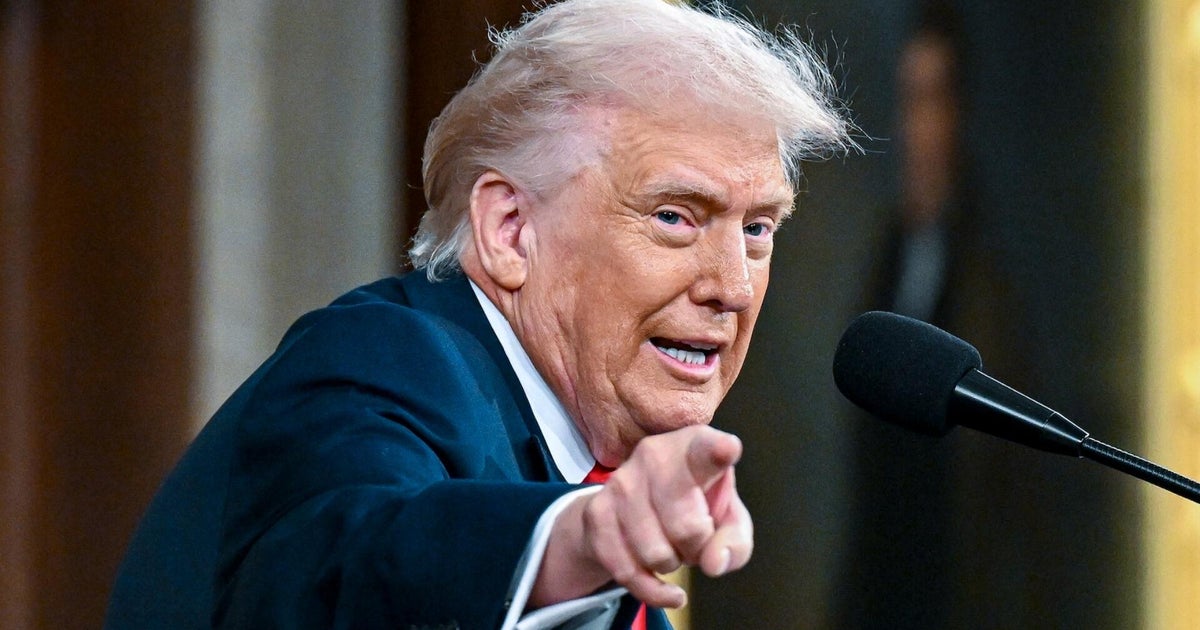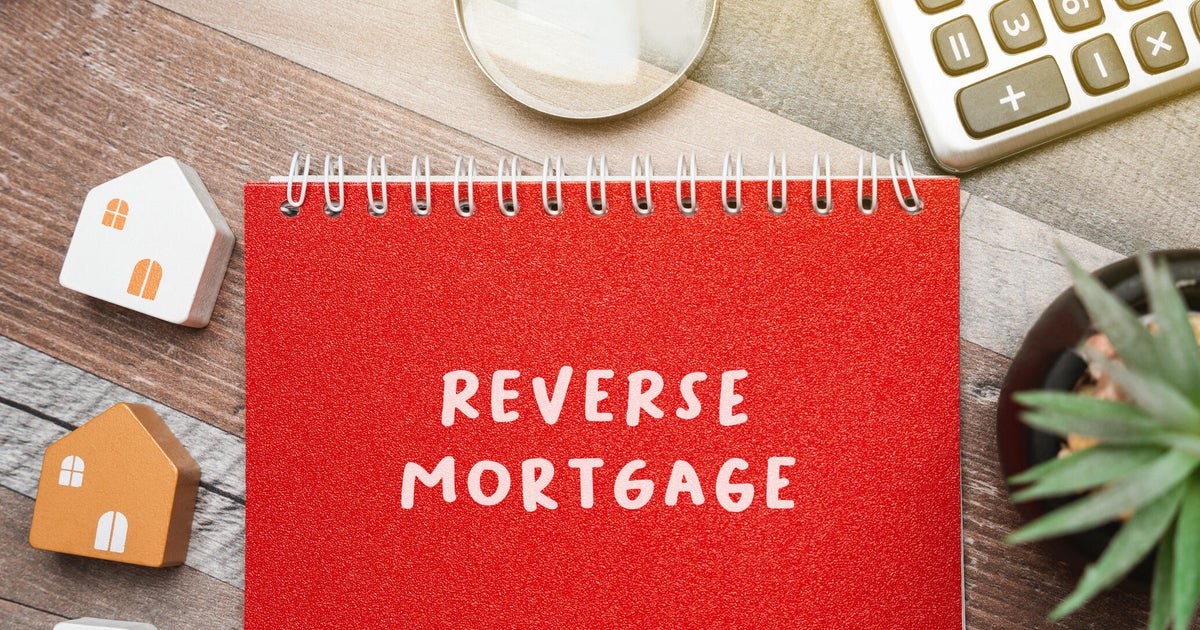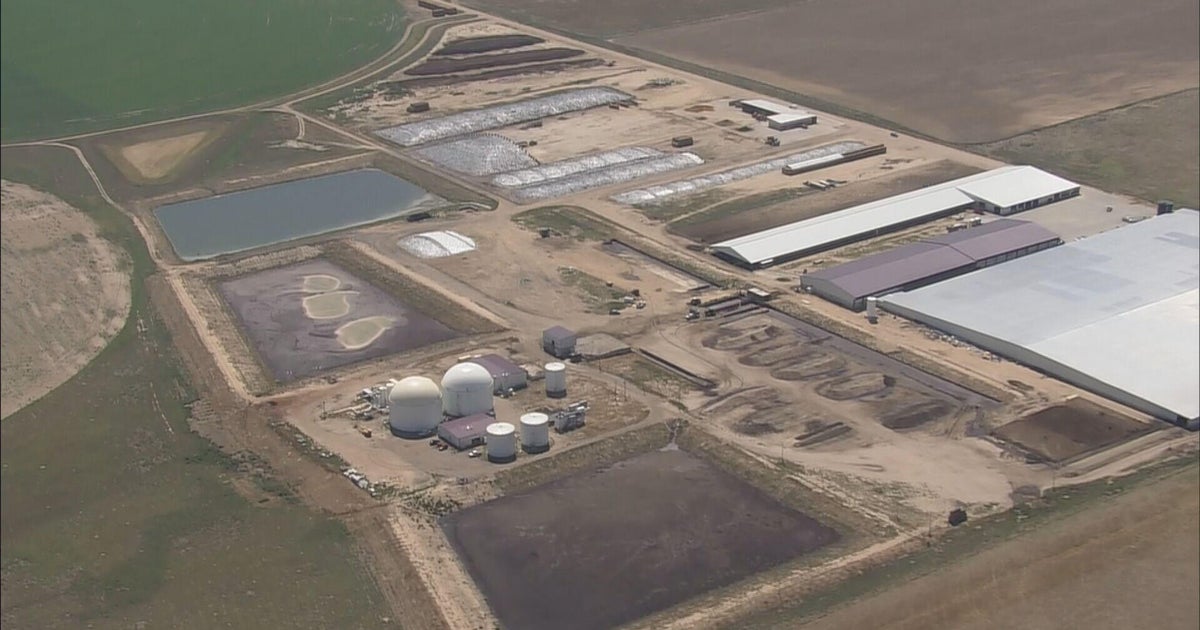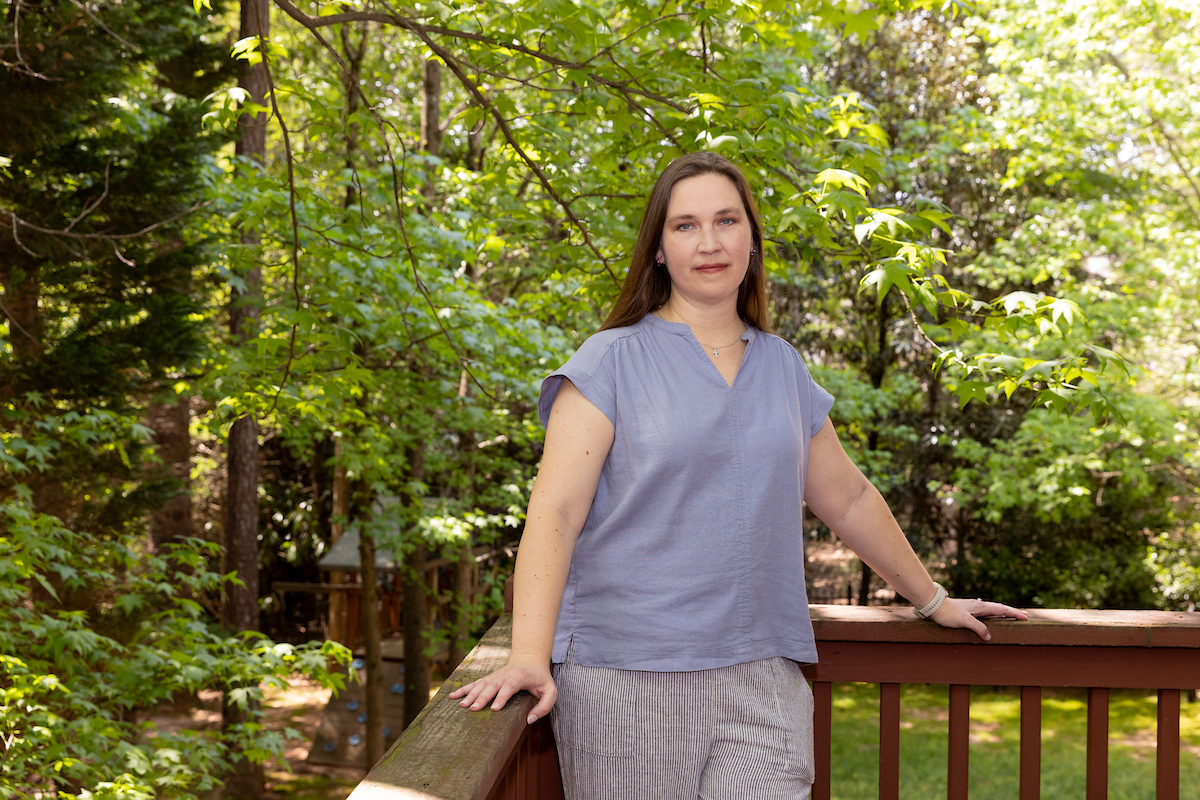Delta variant fears are deterring Americans from seeking work
As the U.S. economy continues to rebound, some employers are struggling to hire workers, forcing restaurants to shutter dining rooms or cut hours. Potential causes of the worker shortage have sparked no end of debate. Some blame generous unemployment benefits, while others point to a lack of child care and early retirements.
Now there's another twist that could deter Americans from seeking work: Renewed fear over contracting or spreading COVID-19 as the Delta variant sparks outbreaks, including breakthrough cases, across the nation. About 3.2 million Americans told the Census Bureau that they weren't employed from between August 2 and August 16 because of concerns about the virus, up 30% from the previous polling period over the last two weeks of July.
To be sure, that's only a small share of the overall ranks of unemployed Americans, who amounted to more than 100 million as of the most recent Census survey. The bulk of those without jobs — more than 42 million people — said they were retired, according the survey. But the number of people staying out of the job market due to COVID-19 anxiety now exceeds the 2.5 million people who said they aren't working because their employer closed temporarily due to the pandemic.
That may not bode well for the recovering labor market, with economists warning that the Delta variant could pose a threat to job growth. Bank of America analysts on Friday forecast that employers added 600,000 workers to their payrolls in August, which would be down sharply from 943,000 in July.
"The softening in employment activity would be consistent with other economic data that have weakened since the surge in COVID case counts due to the Delta variant," they wrote.
The U.S. Department of Labor will release its next employment report on September 3, providing more data on the state of the job market and the Delta variant's impact on specific regions. For instance, the number of COVID-fearful workers sitting out the job market spiked sharply in states with rising cases. In Florida, where the COVID-19 death rate has reached an all-time high, the number of jobless workers waiting out the pandemic has tripled.
Illinois witnessed the largest percentage increase of people exiting the job market due to pandemic fears, with numbers rising more than sevenfold, from about 19,000 people in July to 144,000 in early August, Census data show. Illinois Governor J.B. Pritzker on Thursday said all residents will be required to wear a mask indoors regardless of vaccination status.
On the flip side, Vermont — the most vaccinated state in the nation — had a negligible number of people who said they weren't working due to coronavirus concerns, the Census data showed.
Small businesses worried
Other signs highlight the Delta variant's impact on the economy. Small business owners are increasingly pessimistic about the economic recovery, according to a new analysis of Census data from the Economic Innovation Group (EIG).
"After improving from February to May and stabilizing through the summer, recovery expectations took a turn for the worst in August," noted Kennedy O'Dell, a research and policy associate at the research firm, in a blog post.
The share of small businesses expecting it will take at least six months to return to normal rose seven percentage points, from about 32% in mid-July to 39% in mid-August, EIG said. One in 10 businesses said they don't believe their operations will ever return to normal, the highest share since June 2020, O'Dell added.
Meanwhile, consumer spending slowed in July to a modest increase of 0.3%, a sign some Americans are cutting back as COVID-19 rates increase. That includes travelers, who are canceling flights amid the surge in COVID-19 cases. The Transportation Security Administration this week reported its lowest air travel numbers of the summer on Tuesday and Wednesday, a sharp reversal after hitting its peak this year at the beginning of August.



